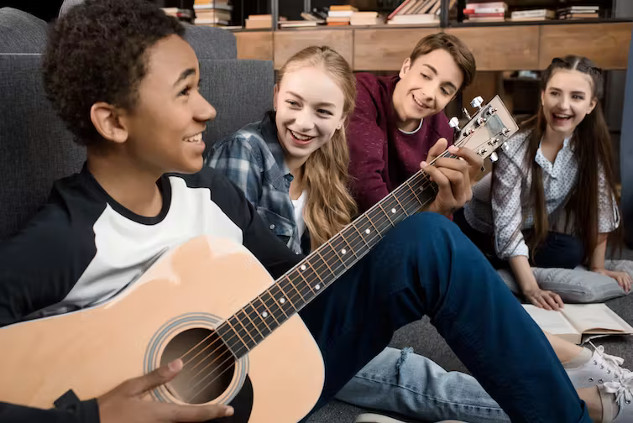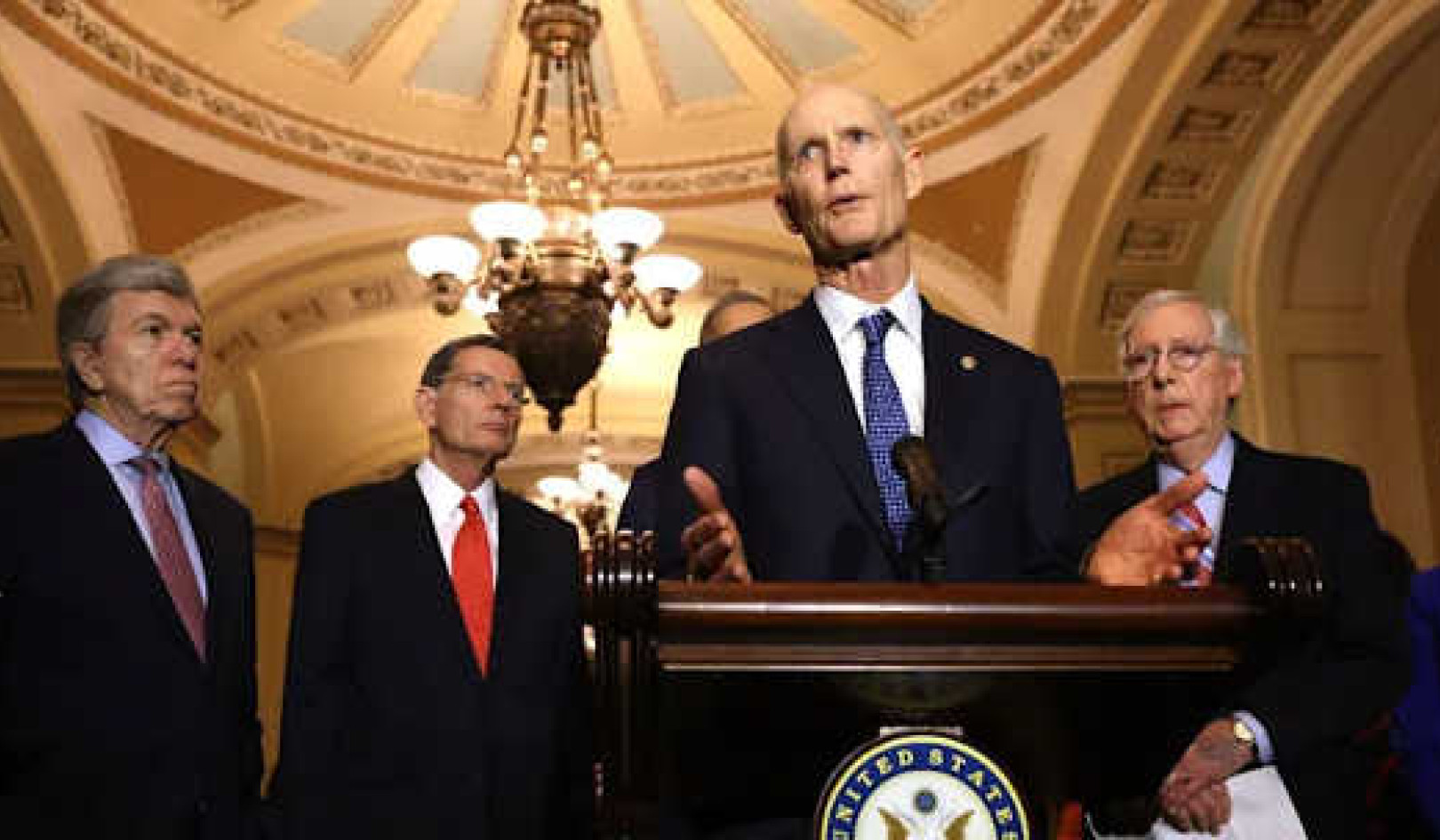
LightField Studios/Shutterstock
Music is a school subject facing difficult times. In England, fewer students are taking the subject at GCSE, not enough people are training to become secondary music teachers, and the subject is suffering from a lack of funding.
One problem may be that the way music is taught in school has become increasingly formal. The current music national curriculum, introduced in 2014, includes using staff notation, learning music history, and listening to the music of “great composers and musicians”. This was a shift in comparison to the previous, more child-centred national curriculum.
Wider education policy on how future teachers should be trained places emphasis on teacher control and well-structured lessons – again, perpetuating more formal, traditional approaches.
But this isn’t how many popular musicians – the artists students may be listening to on their way into school – learn how to play music. Their approach is often more informal. Many learn to play by ear, hearing a piece of music and figuring it out on an instrument.
Bringing this approach into the classroom to a greater extent could help both students and the subject of music itself.
Freedom to play
Informal learning can look and sound haphazard at times, but has close ties with more natural ways of engaging with music. In one example of the approach, pioneered by the professor of music education Lucy Green, students begin “in at the deep end” – tasked with copying a song of their choice, by ear, working together in groups. They are required to work out the various parts of the song, often building up to a performance.
This kind of learning gives students more freedom and independence in the classroom, and a more equal power balance with the teacher is encouraged. The role of the teacher is to set the task, then let the students choose how they approach it and help only when needed. The students can decide on their own pace of learning and the level of difficulty of the part they play within their group.
This can lead to increased student confidence in the music classroom. Although the teacher is still in control by default, this approach can prompt them to trust in the musical activity their students are engaging in, resisting the temptation to step in too soon.
Informal learning is linked with increased numbers of students choosing the subject at GCSE. This suggests it has the potential to capture the interest of some students who might have previously become disengaged with music lessons.
Learn what you love
Students are motivated by being able to choose what music they will play with their friends – often selecting popular music. By welcoming student choice of music into the classroom, increased links are forged between in- and out-of-school music. Students are engaging in a learning practice that exists beyond the confines of the classroom, and which has relevance to their musical interests and passions.
Also, this does not mean that informal learning cannot extend beyond popular music. While students often choose to bring popular music into the classroom, the underpinning research shows once they are motivated and engaged, the teacher can move beyond this genre and draw upon aspects of the approach to introduce other types of music into the classroom in later stages.
The non-profit Musical Futures has contributed towards the development of informal learning and continues to advocate and promote its ethos. And although the approach is largely aimed at secondary school students, primary students can benefit from adapted versions of informal learning.
Facilitating informal learning might feel risky for some teachers. They face a variety of pressures and requirements, and may feel this kind of learning does not align with wider education policy and the expectations of their role.
Informal music learning is not always easy to assess, either. And embracing learning that is informal and “haphazard” might lead to a fear of judgment – that the teacher lacks control of pupil behaviour.
However, informal learning offers a way to challenge thinking about how music is taught, and to consider alternative possibilities to enable the subject to flourish in school.![]()
Anna Mariguddi, Lecturer in Education (music specialist), Edge Hill University
This article is republished from The Conversation under a Creative Commons license. Read the original article.
books_education























